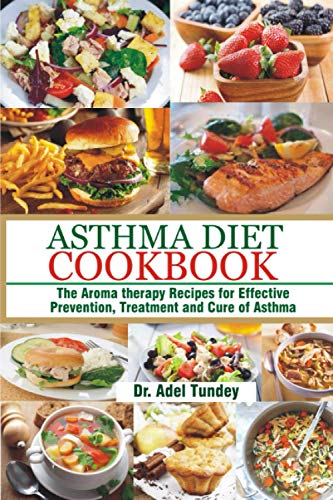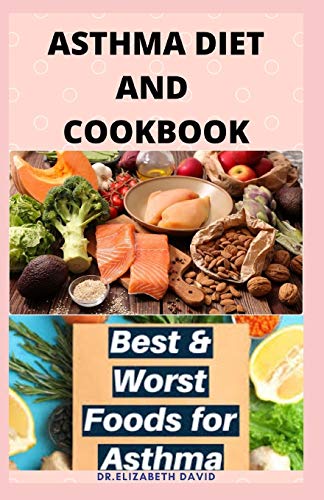Medical research has not conclusively related asthma to diet. Nonetheless, for a few people, food allergies may be a trigger for an asthma attack. Some evidence relates obesity to the increasing number of asthma cases. For those who are obese, food may not be the immediate trigger; the poor dietary habits which lead to obesity may be the link between asthma and diet.
Food Allergies, Diet and Asthma
How do food allergies relate to asthma and diet? Asthma arises due a disorder whereby chronic inflammation makes the bronchial tubes swell, leading to the airways narrowing.
Not everyone with food allergies has asthma, however, food allergies can lead to asthma attacks amongst some people. The most frequent foods known as allergens (substance which can cause an allergy) include:
- Eggs
- Milk
- Peanuts
- Wheat
- Soy
- Fish
- Shellfish
Additives in Food
In certain cases, asthma is triggered by food additives, such as, sulfites. Should manufacturers have used sulfites as a preservative, they are listed on the food label. Be careful as sulfites and sulfating agents can occur naturally or be utilised in processing foods like:
- Packaged or prepared potatoes
- Dried fruits or vegetables
- Wine
- Beer
- Bottled lemon juice
- Bottled lime juice
- Fresh, prepared or frozen shrimp
- Pickled foods
- Food dyes and colorings like tartrazine
- Preservatives like benzoates, BHT and BHA
- Flavour enhancers, such as moosodium glutamate (MSG)
- Sweeteners like aspartame.
To get rid of food-induced asthma attacks, avoid potential allergens in food, additives and ingredients. For more severe allergies, you may have to get rid of these foods and food products from around your environment because these substances can be released into the air and still cause an asthmatic reaction. Work with your physician to develop a plan of action in the case of an asthma attack. The best prevention is to be prepared.
Diet for Asthma
Having considered how foods are able to trigger asthma attacks, let us consider how science links asthma with lifestyle and diet.
Certain studies have concluded that obesity is a risk factor for asthma, stating that about 75% of emergency room visits for asthma attacks are from obese people and that obesity predates the first onset of asthma.
These studies conflict in terms of how obesity brings on asthma.
Specialists state that being overweight increases misdiagnosis of asthma. The premise for their view is that shortness of breath or wheezing is the result of obesity, not asthma.
Eating a healthy diet to lose weight helps lessen asthmatic symptoms. Obese asthmatics show better lung function with weight loss.
Controlling Asthma Through Diet
Improved lung performance in obese people highlights a link between asthma and diet as weight loss helps lessen asthma symptoms.
Another way in which you can relieve asthmatic symptoms is by adding natural anti-flammatory foods: to lessen clotting as well as inflammation in the body.
Natural anti-inflammatory agents as well as anti-histamines include:
- Quercetin – A plant pigment that is in lots of foods, such as, onions, berries, apples, tea, wine and grapes.
- Omega-3 Fatty Acids – Flaxseed oil, flaxseed, walnuts, avocado, mackerel, salmon, herring, swordfish, anchovies, tofu, halibut, shrimp, soybeans, snapper, cod, tuna and scallops, every dark green leafy vegetable.
- Bioflavonoids – There are over 800 hundred various bioflavonoids, which are to be found in the yellow pigments of citrus fruit.
Diet for Asthma and Children
It is vital for children to incorporate more vegetables and fibre in their diet along with nutrients like vitamin E, magnesium and calcium.
Children who eat more fast food are more likely to wheeze developing asthma. Diet and asthma are closely linked.







